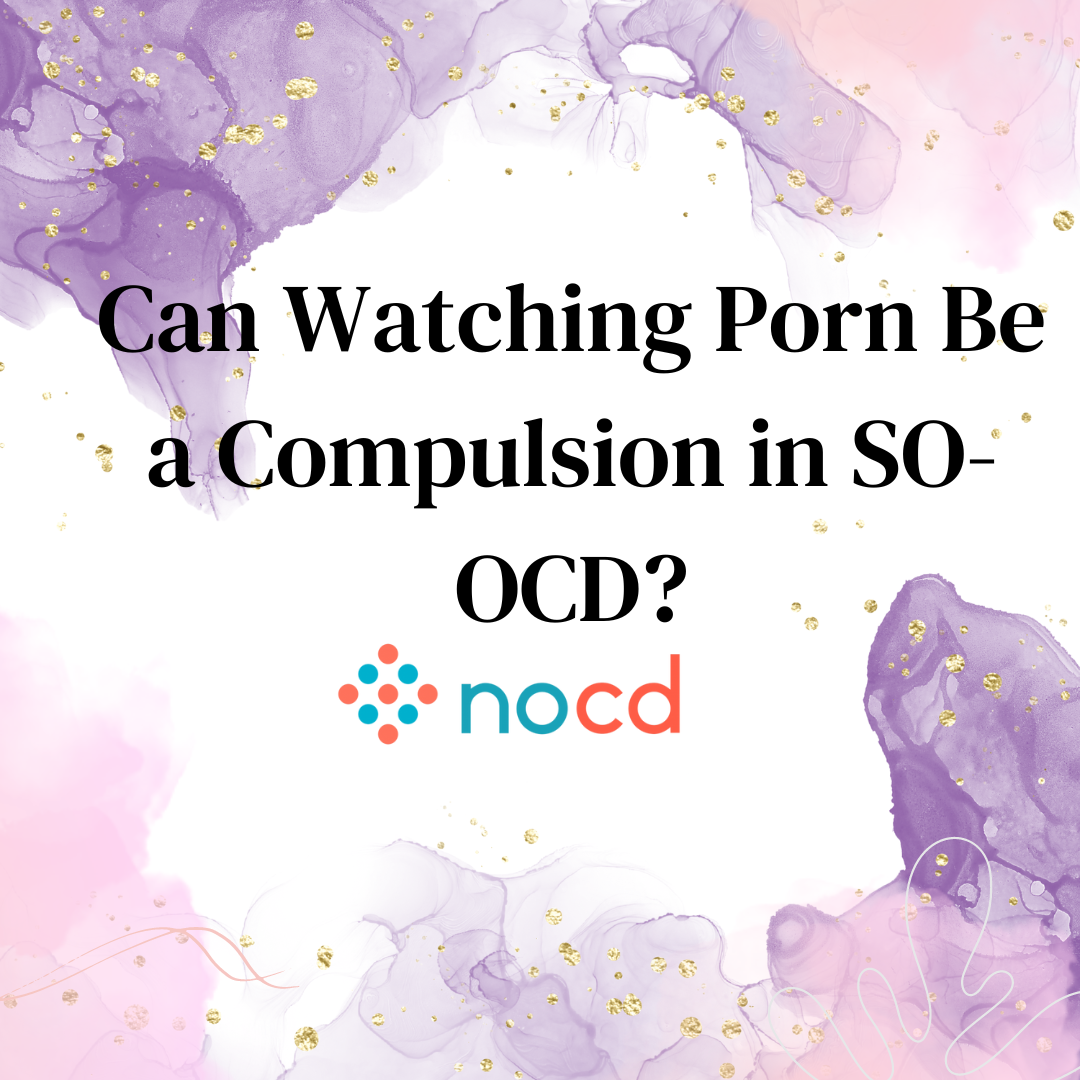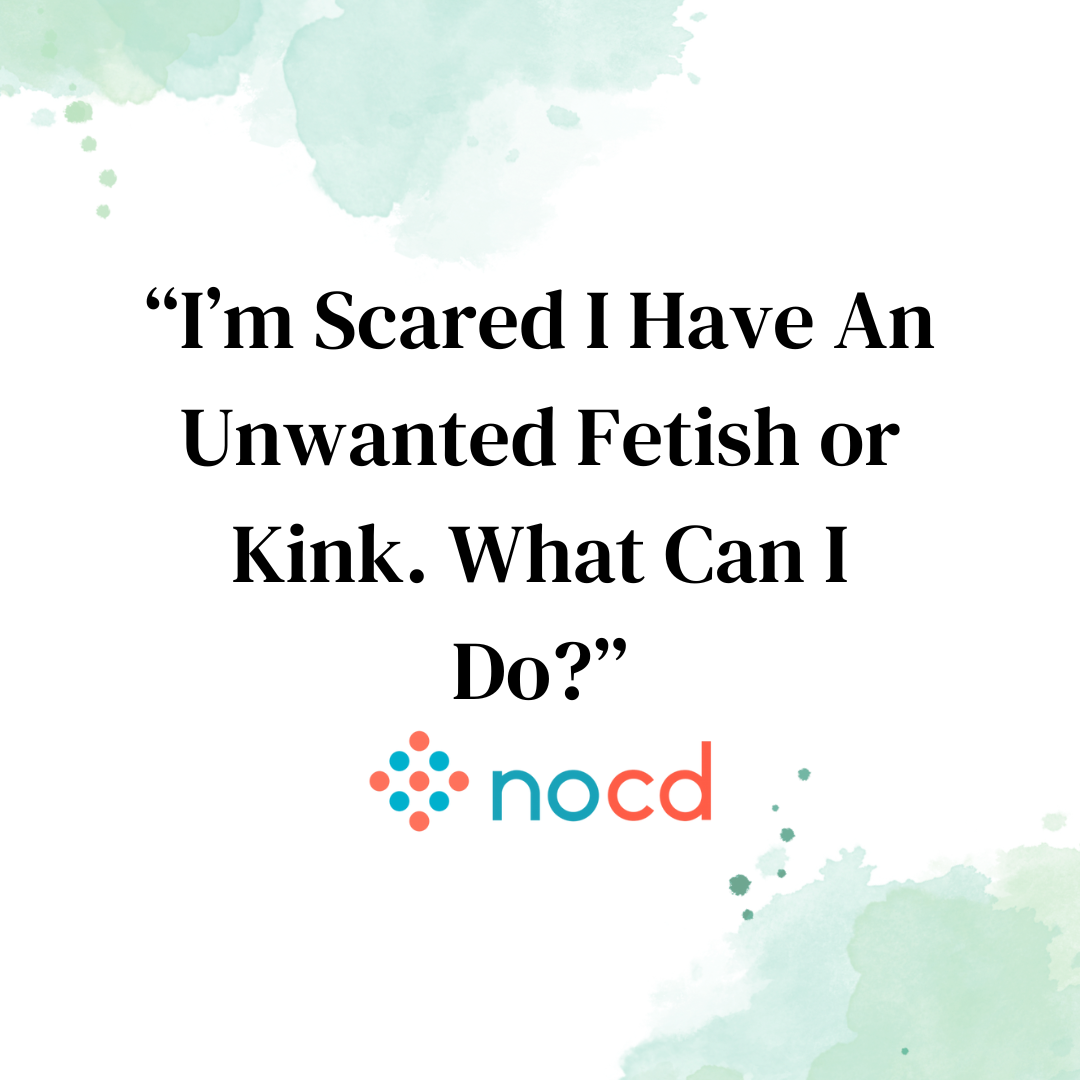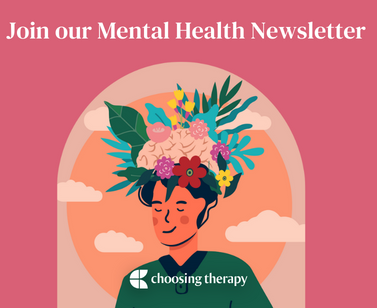Facebook addiction refers to a chronic, compulsive need to engage with the social media platform, sometimes for hours on end. Many people turn to Facebook to share news, connect with friends, or simply pass the time as part of their daily lives, however for some, compulsive use can adversely affect your mood, relationships, and other areas of functioning.
Do social situations make you feel uncomfortable? Therapy can help. BetterHelp has over 20,000 licensed therapists who provide convenient and affordable online therapy. BetterHelp starts at $65 per week. Take a Free Online Assessment and get matched with the right therapist for you.
What Is Facebook Addiction?
Facebook addiction mimics other addictions, like internet addiction and social media addiction, in that people feel a sense of anxiety, pressure, or dread when using the platform. With nearly three billion users worldwide, Facebook is the most popular social media platform in the world, and it’s become synonymous with global connection and sharing viral news.1 When used moderately, people can enjoy the social sharing aspect Facebook was created for, however in more serious cases, some people might neglect their relationships, hobbies, school, or other responsibilities due to spending time online.
Is Facebook Addiction Real?
Although Facebook addiction isn’t an official diagnosis, the symptoms mimic those typical of other behavioral compulsions. People who suffer from a Facebook addiction tend to use social media compulsively and excessively.2 Since Facebook is still relatively new, there haven’t been any long-term studies on the impact of this addiction. However, short-term studies show that excessive social media use is associated with poorer sleep and decreased physical activity levels.3 It’s also correlated with low self-esteem, social isolation, and depression.4
10 Signs & Symptoms of Facebook Addiction
Facebook addiction, like other behavioral compulsions, can progress over time. Excessive use can be hard to define, so it’s challenging to pinpoint appropriate social media limits. They will naturally vary from person to person.
Here are ten common signs and symptoms of Facebook addiction:
1. Spending More Time On Facebook Than Intended
You only wanted to check a recent notification. But now an hour has passed, and you’re “stalking” an old ex’s profile or rereading four-year-old posts from your neighbor.
One of the hallmark signs of addiction is spending more time on Facebook than you intend (or desire). And even if you set limits for yourself, you may find yourself struggling to follow them.
2. Using Facebook to Boost Your Mood
People may turn to Facebook to feel a sense of connection, happiness, or “escape” from the real world.
Social media can undoubtedly be rewarding. In fact, research shows that using social media releases an overabundance of dopamine, which is the primary neurotransmitter associated with pleasure and reward.5 That creates the desire to keep using it, the same way someone else might use addictive substances, like drugs or alcohol.6
3. Downplaying or Hiding Your Facebook Use
Do you lie about your Facebook use to others? Do you try to hide your phone or computer screen when loved ones walk in the room because you feel ashamed?
This is a classic sign of addiction. You don’t want others to “catch on” to how often you log in or engage with Facebook.
4. Chronically Procrastinating Other Tasks
If you have a Facebook addiction, you will prioritize using Facebook over other tasks. As a result, you may neglect basic household chores, work responsibilities, or parenting duties.
5. Feeling Anxious Without Facebook
Do you feel “naked” when you leave the house without your phone? Do you feel restless when you can’t connect to the internet in a particular location? These signs of withdrawal–which can happen when you reduce or abstain from social media–can indicate problematic use.
6. Avoiding Face-to-Face Interactions
Some people turn online to cope with social anxiety, depression, or other mental health problems. While online relationships can certainly be healthy and beneficial, individuals should not avoid all face-to-face interactions as a result.
If Facebook affects your desire to connect with people in real life, you may be struggling with an addiction.
7. Using Facebook Despite Wanting to Stop or Cut Down
Do you keep making promises to yourself or others to reduce your use? Do you actually stick to those limits–or do you find yourself breaking your own rules?
If you can’t commit to your self-imposed boundaries, you may have more of a problem than you realize. This represents some of the chronic habituations–the natural, often gradual decreases in anxiety without having to engage in the anxiety-reducing behavior–that are typically seen across addictions.7
8. Persistently Oversharing on Facebook
If you constantly post pictures, comment on people’s statuses, or share your own thoughts, you may be relying on Facebook for external validation.
We all want to feel a sense of belonging from others. But if Facebook is your sole source of this approval, you will only continue sharing and sharing and sharing without enforceable boundaries–often alienating other people as a result.
9. Checking Facebook in Hazardous Situations
Do you glance down at your phone while you’re driving? Or while you’re engaged in manual labor at home or work? Are you playing with your phone while your young kids are swimming?
People with a Facebook addiction often can’t control or limit their use, so they’re scrolling at all hours of the day–despite potential safety concerns.
10. Feeling Apathetic Towards Other Activities
Do you now get bored when you’re just going for a walk? Or when you’re engaging in hobbies you once liked?
As mentioned, social media use can release dopamine and trigger a vicious cycle of feeling like you “need” to be online to feel good. Therefore, when suffering from a Facebook addiction, some people may feel depressed, apathetic, or disinterested in their usual activities.
Who Is Affected by Facebook Addiction?
Anyone can become addicted to Facebook. In fact, Facebook researchers state that one in eight (about 12.5%) of its members use Facebook compulsively. There are no significant gender differences between men and women when it comes to this addiction.7
Research from 2017 shows that half of people ages 18-24 check the site as soon as they wake up.8 Today, younger people are less likely to use Facebook, but similar trends are apparent in other social media platforms like Twitter, Instagram (which is owned by Facebook), and TikTok.
What Makes Facebook Addictive?
Facebook activates the brain’s natural reward center by triggering the release of dopamine. In small doses, there can be a positive relation between social media and mental health. The likes, comments, and general interactions feel good, but they can reinforce a toxic cycle for someone who is addicted. People may use Facebook as a substitute for depression or loneliness, which cannot be solved by being active on social media.
Facebook also has a significantly low barrier to entry. Unlike other behavioral addictions, using social media is free, and it doesn’t require anything beyond a working Internet connection. Therefore, it can be an especially hard habit to break.
Break Free From Intrusive Thoughts & Behaviors
Online Therapy – Is addictive or compulsive behavior a problem? Therapy can help you break unhealthy patterns. Affordable, convenient, online therapy starting at $65 per week. Free Assessment
Compulsive Behaviors Are Often Signs of OCD – Regain your life from OCD. Do live video sessions with a licensed therapist specialized in treating OCD. Treatment from NOCD is covered by most major insurance plans. Learn how you can use your insurance benefits. Visit NOCD
How to Stop Facebook Addiction
There’s no doubt that working through a Facebook addiction can be challenging. You may feel discouraged or worried. Fortunately, there are numerous self-help techniques you can use to change your ways, like logging out after using Facebook, uninstalling the app from your phone, or finding an accountability partner. Remember that you’re not alone in this–many people struggle with excessive social media use.
Here are 15 tips to stop your Facebook addiction:
1. Commit to a Digital Detox
As a first-line defense, it may be helpful to commit to a specific digital detox for a certain number of days or weeks. This challenge serves two purposes. First, it helps you understand how automatic or even compulsive your Facebook use may be. Second, it forces you to think of other ways to fill your time when you’re not online.
2. Cultivate In-Person Relationships
If you typically rely on social media to feel connected to others, it may be time to shift your priorities. Try to prioritize meeting up with people and socializing more frequently in person– even if it’s out of your comfort zone.
3. Set Specific Facebook Time Limits
It’s worth seeing if you can follow certain boundaries around your Facebook habits. For example, you may decide to only check Facebook after finishing your work and chores each day. Or, you might choose to adhere to particular time limits, like 30 minutes per day.
The key is consistency. If you can stick to the limits, that’s a good sign. If you keep breaking them, you may need additional support.
4. Log Out Every Time
Logging out simply adds a small layer of inconvenience whenever you want to check Facebook again, making it more difficult to play into the cycle of addiction.
5. Install a Social Media Blocker
There are numerous apps or extensions available to help you block social media access. These can block your access to specific social media sites, and often allow you to choose specific block and break times. Consider installing one on your phone, laptop, or other electronic devices.
6. Uninstall the App
If you typically use Facebook on your phone, consider uninstalling the app. Limit yourself to only using Facebook while you’re on the computer–unless you are always on your computer.
7. Label Your Triggers
Knowing your triggers can help you prepare for problematic situations in advance. For example, if you know that watching TV tends to go hand-in-hand with mindlessly scrolling, you may need to either cut down on TV use or identify another coping skill you can use during this time.
8. Create an Alternative Coping Skills List
Once you know your triggers, you need a plan for managing them. It can be helpful to have an accessible resource list of other healthy coping mechanisms you can engage in during stressful times.
Add items as you think of them. Make sure to include as many as you can–certain ones will appeal to you at certain times, and you want to give yourself plenty of options.
9. Identify Your Motivation
Why do you want to reduce or stop your Facebook use? Think about that question, and then write your answers down. Those answers will give you a sense of purpose and direction for your goals. They will remind you why you’re on this track, even when things get hard.
10. Have an Accountability Partner
Your support system can help you stay dedicated to achieving your goals. Enlist in a compassionate friend who can be firm with helping you stay disciplined.
Let them know your intentions and plan for working through your addiction. You may even consider giving this person your password, so they can block access to your account as needed.
11. Practice Positive Affirmations
You need to believe in your ability to succeed! It can be helpful to write down positive affirmations to keep yourself on track. Some examples include:
- I can enjoy my life mindfully and happily.
- I am cultivating my real-world connections with others.
- I am discovering who I am outside of my online presence.
- I look forward to filling my life in other ways
12. Deactivate Your Account
You can deactivate your account to take an extended break from Facebook. With this approach, you can reactivate your account whenever you want, although it’s best to choose a designated time. While your account is deactivated, people won’t be able to search for you or see your timeline.
13. Delete Your Account
This is the most extreme approach, but many people find that going cold turkey helps them the most with quitting their Facebook addiction. Deleting your account is permanent, so you won’t be able to regain access.
14. Avoid Shaming Yourself
Even though we often berate ourselves when we make mistakes, this approach can be harmful. It’s much better to give yourself patience and compassion when building new habits. Mistakes and setbacks are part of growth.
15. Be Mindful of Other Social Media Traps
Breaking your Facebook addiction is one thing. But if you’ve transferred compulsive use to another social media platform, you’ve probably just traded one problem for another.
Facebook itself isn’t the problem. It’s the way people chronically abuse Facebook, and social media in general, to experience feel-good sensations and be validated by others. If you are falling into similar patterns on different sites, it’s time to reevaluate the situation.
When to Get Professional Help
Facebook addiction often emerges from other mental health problems like depression or anxiety. People also problematically use social media to address shame, loneliness, or boredom. If Facebook is adversely affecting the quality of your life–and you can’t seem to break the habit–it may be time to seek professional support.
Therapy can help you explore the roots of your addiction and encourage you to learn new ways to cope with your triggers so that you can live a more balanced life. Consider starting your search using an online therapist directory today.
Final Thoughts
Facebook addiction can be challenging to break. However, help is always available. If you’re struggling with social media use, consider reaching out for professional support, and remember that you’re not alone.
Additional Resources
To help our readers take the next step in their mental health journey, Choosing Therapy has partnered with leaders in mental health and wellness. Choosing Therapy is compensated for marketing by the companies included below.
Online Therapy
BetterHelp Get support and guidance from a licensed therapist. BetterHelp has over 20,000 therapists, who provide convenient and affordable online therapy. Take A Free Online Assessment and get matched with the right therapist for you. Free Assessment
OCD Therapy
NOCD: Effective, Affordable, & Convenient OCD Therapy Do live, face-to-face video sessions with a therapist who specializes in treating OCD and get 24/7 support between sessions. NOCD is covered by many insurance plans and is available nationwide. Visit NOCD
Online Support Groups
Relay (online support groups for porn addiction) – Are you ready to take back control from porn? Try Relay, the premium porn addiction program. Anonymous, flex to your schedule, all in your phone: the tool you need to finally overcome porn. Try it free for a week, then subscriptions start at $9.99/month. Learn more
OCD Newsletter
A free newsletter from Choosing Therapy for those impacted by OCD. Get helpful tips and the latest information. Sign-Up
Can Watching Porn Be a Compulsion in SO-OCD? Our sexuality determines who we’re attracted to—or not attracted to—and can dramatically influence our relationships, experiences, and even sense of self. Most people’s sexual orientation emerges in early adolescence, while others may not figure out their sexuality or gender identity until they are adults. Further, some people find putting labels on their feelings difficult, or discover that their feelings change over time.
“I’m Scared I Have An Unwanted Fetish or Kink. What Can I Do?” Different strokes for different folks. It’s a bit trite, but it speaks to a basic truth: what people want and need to be happy and fulfilled varies from person to person. This idea applies to pretty much every area of life, and our sexual desires and activities are certainly no exception. If what you find sexually attractive or arousing involves a specific object, body part, or situation that may be considered unusual or unconventional, you may feel particularly vulnerable about sharing your predilection with someone else, or even admitting it to yourself. But you are certainly not alone. Unconventional turns-ons are a natural aspect of human sexuality that a lot of people share.









